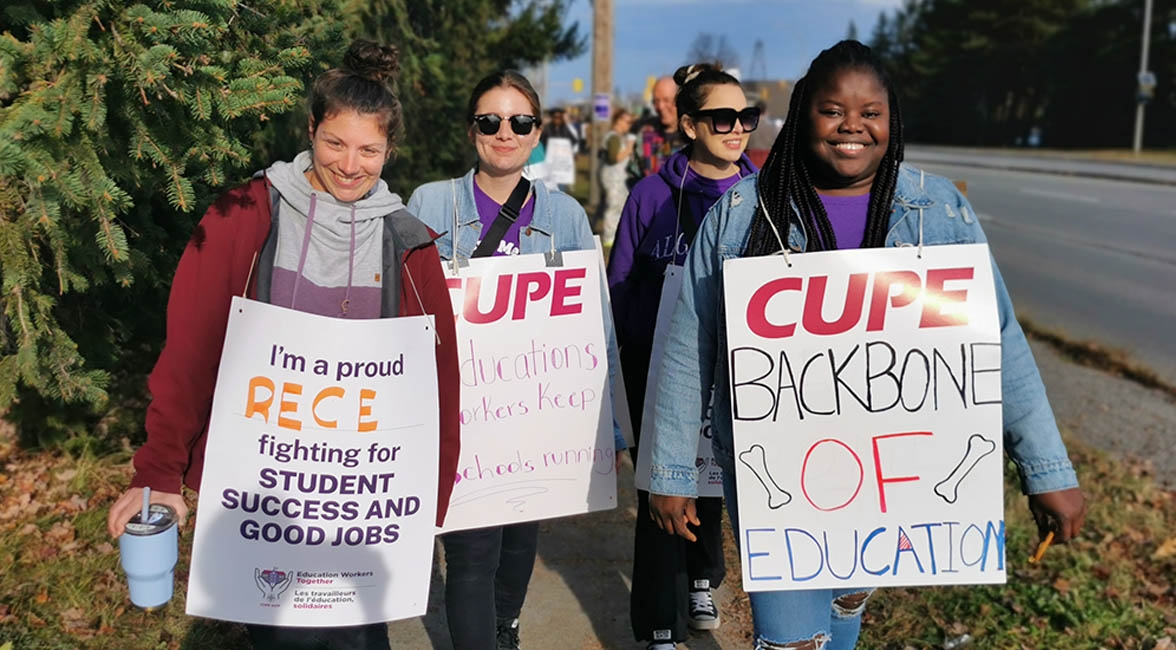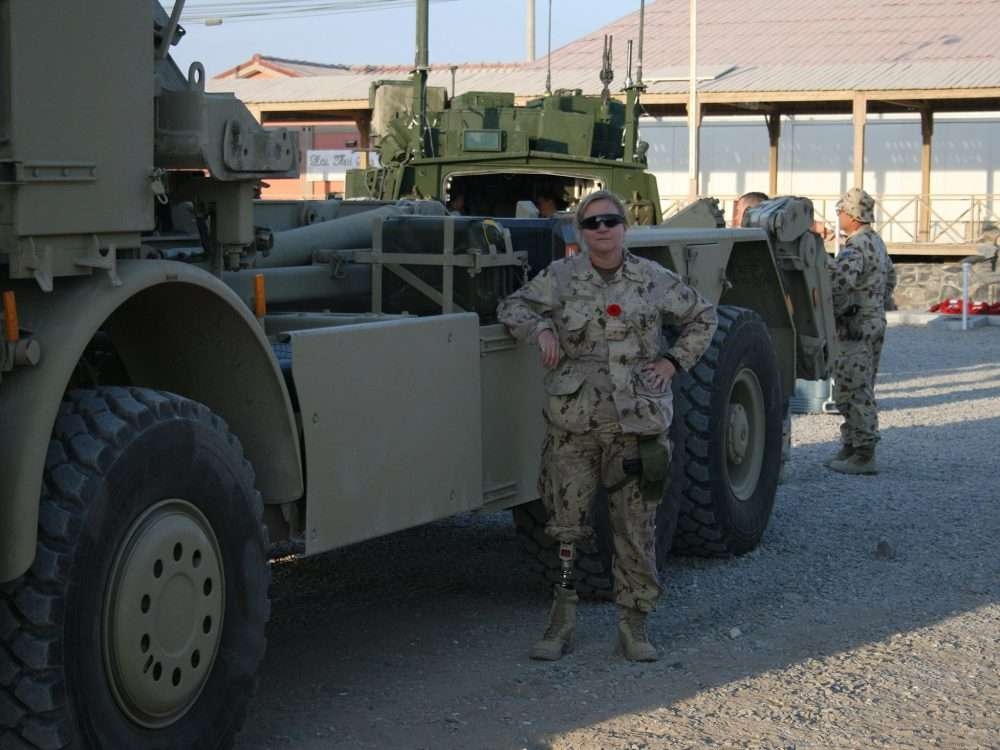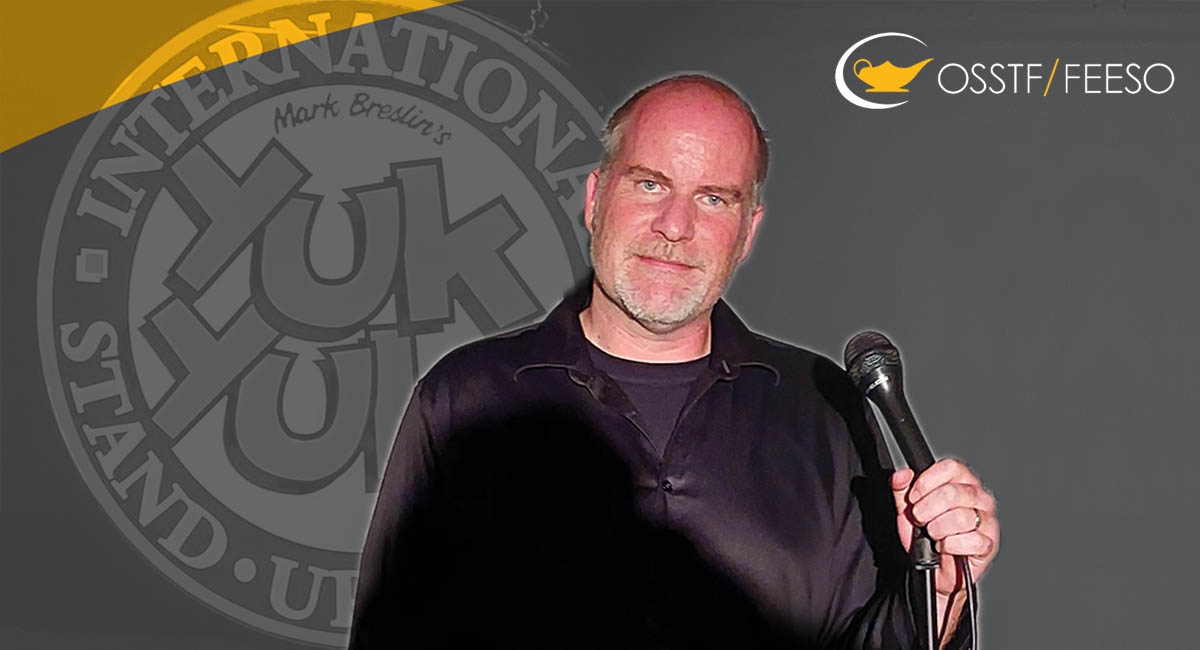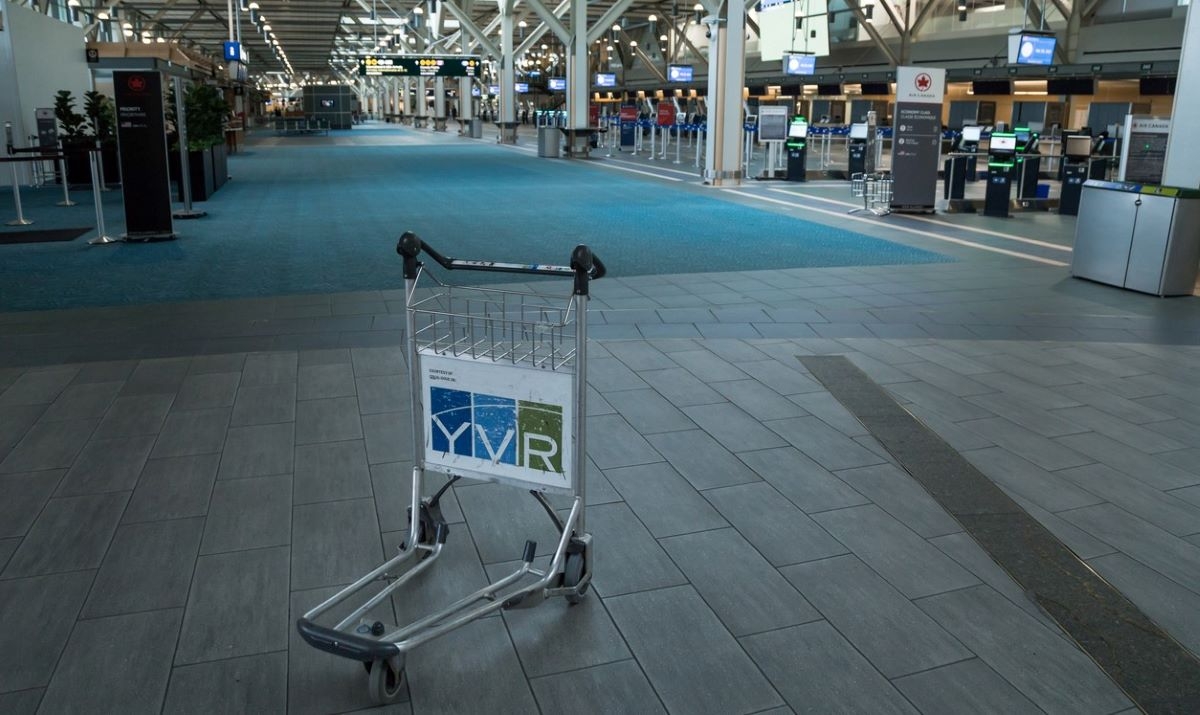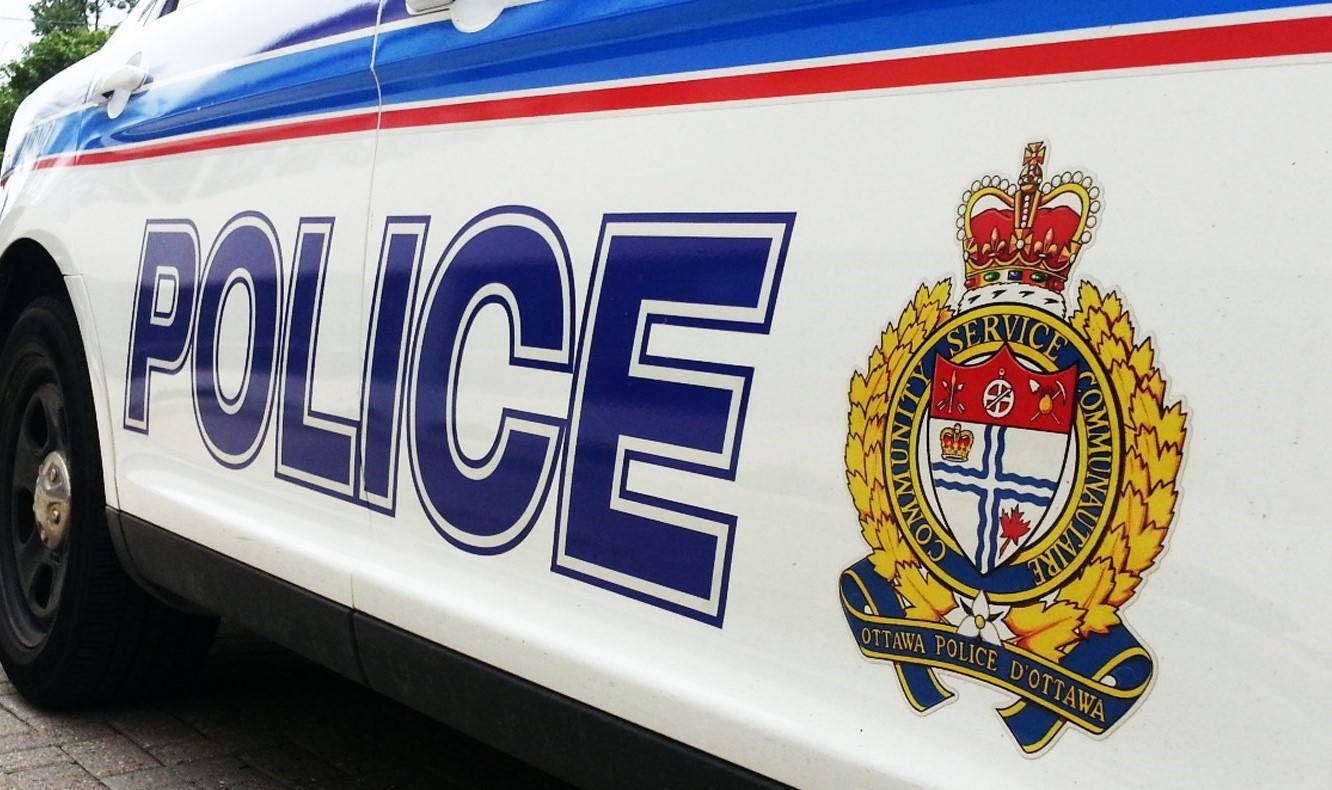
Ottawa Doesn’t Need Another Police Chief, it Needs a Leader
By: Elie Labaky
If we look back at history, it didn’t take much to become a police officer. You had to be at least 6 feet tall, built like a fridge, and able to afford your own uniform. Much has improved since then. However, we rarely look at the requirements for a police chief let alone know what a chief’s duties entail.
With Chief Charles Bordeleau’s contract ending in May 2019, and collective bargaining for a new rank-and-file contract coming up, we need to have a serious conversation. The chief’s primary duty is balancing interests between the provincial government’s executive, legislative and judicial branches. Setting aside the legal jargon, it’s obviously a very political job. You’re required to be everywhere, all the time, even yesterday, juggling multiple past, current, and future issues. In my search for a chief’s job requirements, I found the standard: managing personnel and operations, developing policies, planning budgets, designing programs, public relations and the rhetoric goes on. The scope is anything but narrow with some police services requiring more stringent mandatory qualifications such as a master’s degree in a related field or some national/international work experience.
For the National Capital, I’m not convinced the aforementioned are sufficient. A vibrant and growing city like ours doesn’t need a police chief, it needs a leader.
Regardless, the recipe should at least have some degree of spice. Is it someone we will eagerly follow, one who will give us something to believe in? A revolutionary ideology, perhaps, or an aggressive strategy to combat rising gun crime? Point blank, an impressive resume simply won’t make the cut for Ottawa. Newly appointed Police Services Board chair Diane Deans seems to agree and believes, “that the police service needs to reflect the community that it services, so we’ll be looking for people that have experience and knowledge” citing diversity as an important factor to be considered.
As for the diversity piece, it shouldn’t be about race, gender, or religion. Diversity is about a change in ideology, a different way of seeing and doing things. The status quo needs to upgrade into the 21st century for this to happen, no matter what the person we put up there looks like.
We seldomly find real qualities of a leader in executive job descriptions like this one. Even so, Ottawa’s issues are clear; officers’ morale is at an all-time low, we are witnessing rifts over diversity and equal opportunity, a police union fighting for adequate staffing levels, even ER doctors are complaining of the rise in shooting victims arriving to hospitals. Someone at the top of an organization with the mandate to keep us and our families safe must inevitably share the qualities of a leader.
A leader shouldn’t carry over institutional norms, but rather induce organizational change. Not someone that seeks to be liked, loved, or selfied, but respected by those under their command, and especially the broader communities they serve. A proven ability to separate and manage the “politics-administration” dichotomy without compromising front-line service delivery ought to be considered an asset in this politically charged city. A leader shouldn’t let the community dictate how policing is undertaken, but rather proactively consult officers in the trenches without reservations in letting them undertake policing duties. Reviving public trust and confidence in our officers, and theirs toward the organization must be a priority. Every great leader has integrity, held to a higher standard of accountability, stepping aside when need be, yet first to lean forward when difficult decisions need to be made and stood for. A leader will ensure that the rule of law is respected, and that there be no delineation between how the executive and front-line officers are treated.
An implication for future consideration remains whether the search is to be conducted nation-wide or internally. While there are pros and cons to both, all avenues should be carefully explored; some of the past, some of the present. With all this said and done, building a new house with old bricks makes for an interesting design, however we can’t discount the value an innovative new build would have on increasing the property value of the neighborhood.
Stay tuned Ottawa.
Elie Labaky is a lawyer and Ph.D. candidate in law at the University of Ottawa. His legal practice focuses exclusively on labour/employment law and human rights.

